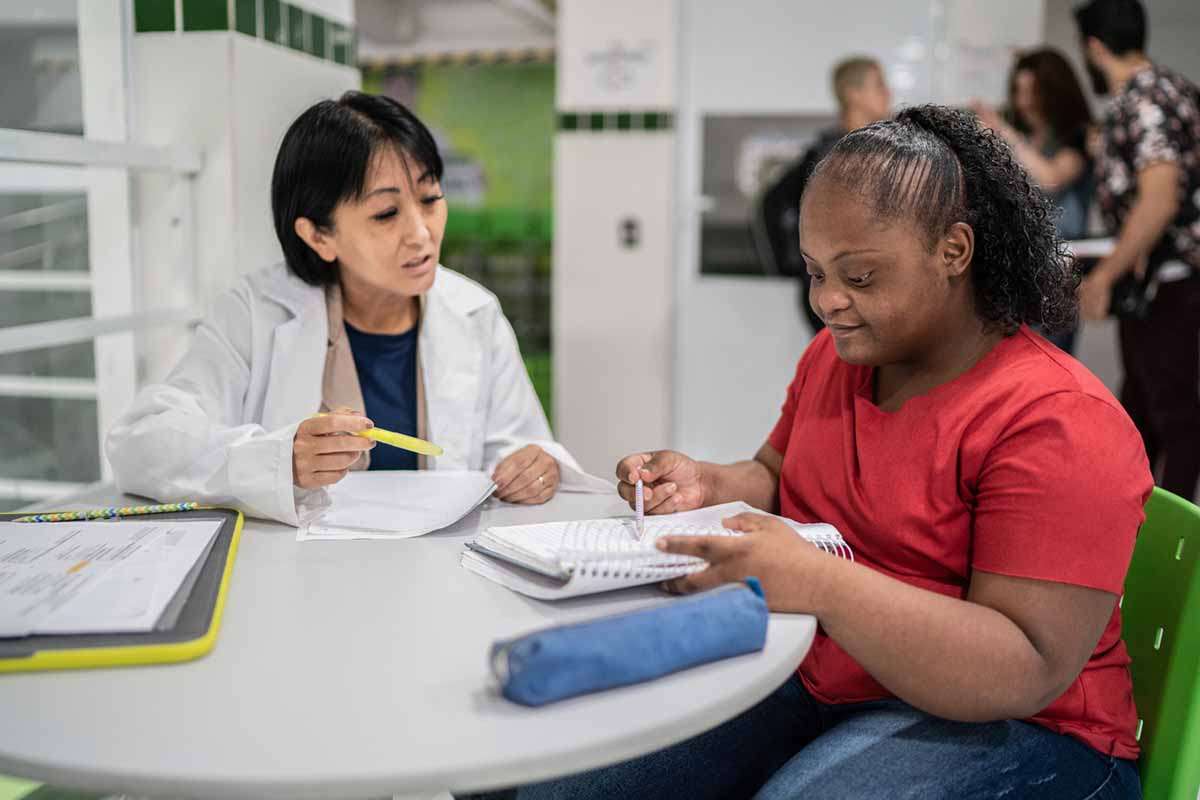Thank you.
Vocational programs for adolescents with special needs has long been a focus in a national organization called the Council for Exceptional Children (CEC), a research and informational organization which supports research and dissemination of information about children and adults with special needs. Check out their website at www.cec.sped.org and search for post-secondary or vocational education. Make sure that you block in a lot of time in your schedule. There are volumes of information on this important topic.
Another thing you should be aware of is a program called School to Work, which is a federally funded initiative run through the your state's Department of Education (DOE). Local initiatives are run in cooperation with local businesses and school districts. In Massachusetts, for example, the exact locations and listing of involved individuals can be obtained through Massachusetts DOE - either by phone (781-388-3300) or through their website (you can link through the Federation for Children with Special Needs site at www.fcsn.org.), or contact the DOE in your state.
Depending on the level of the special need, some high school graduates find success in trade schools, or for-profit apprenticeship programs. Under the Americans with Disabilities Act (ADA), any program that receives Federal funding must provide access and "reasonable accommodations" to individuals with handicapping conditions. You may wish to visit the ADA website (ada.gov) for information regarding rights and responsibilities of persons with disabilities in the workplace and their employers.

